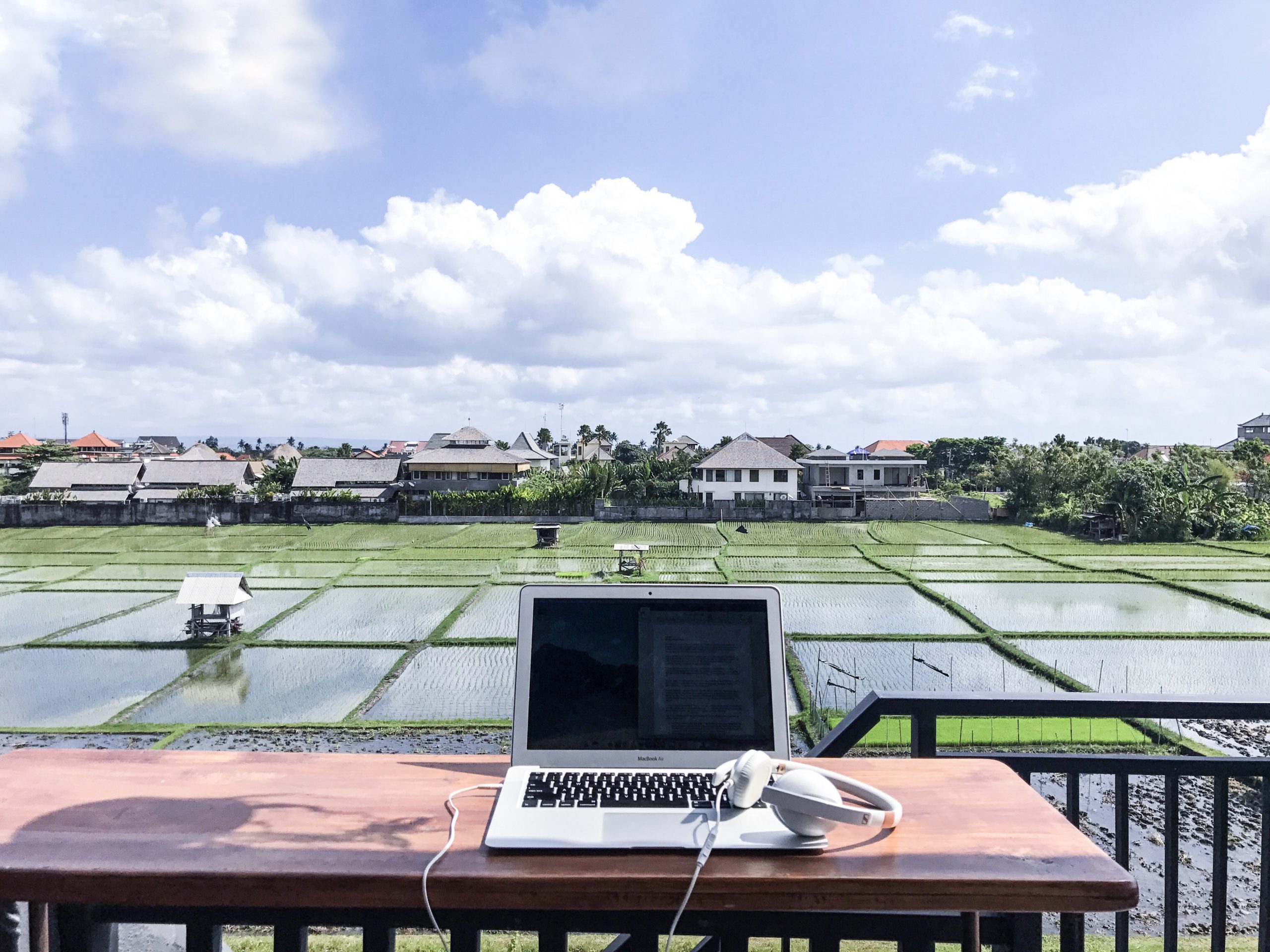Key Takeaways:
– Social media is made for remote work that can help accentuate the environment to create good work.
– Remote work is still just a way of work and the respect for scope of work should be maintained.
– Clear and effective communication will be key to maintaining the usual dynamic of agency and client.
Remote work is not just for the select few, swapping offices for beaches and coffees for coconuts. It’s a movement that has taken the world by storm. With the capabilities offered by technologies to collaborate and communicate, the concept of corporate offices are slowly fading into irrelevance.
Social media has lent itself easily to the remote world. Being inherently digital, it has followed developers and e-commerce professionals into the digital transition easily. But the benefits go far beyond lesser overheads without a fixed office. Remote work has opened up new avenues of innovation, creativity and productivity that have not only made it an alluring way of work but one that could herald the future of the workforce.
Remote work has opened up new avenues of innovation, creativity and productivity…that could herald the future of the workforce.
And in doing so, social media agencies that have adopted to the remote way of life are not only ahead of the curve with the digital transformation, but a great asset to your business. Here are some benefits of a remote social media agency you may not have considered before.
1. By staying ahead of technology, we are future-proofing our business.
It’s no lie that technology has facilitated the rise of remote work. Without an internet connection or the platforms to communicate online – such as cloud-based apps, Zoom and Slack – we would not even be having this conversation.
And the infrastructure has been vastly improving, driven forward by those already using it. In a weird ‘build it and they will come’ scenario, digital nomads have built the very platforms they’ve needed to get their work done. And products like Slack and Zoom that have skyrocketed with remote companies continue to adapt to their needs to keep up.
But what this also means is a team of workers who are adept at such technologies. And as the economy continues to make the shift from industrial to informational, tech skills and adaptability will be at the forefront of the future. Structuring teams and businesses towards operations that will embrace this culture of technology will no doubt equip companies for the challenges of the future and put them at the forefront of innovation.
2. We are open to more global opportunities.
By being globally distributed – or even just global as we travel with our work – we are opening ourselves to a global mindset. Despite the stereotype that we’re all just sipping coconuts with our laptops by the beach, remote work is not just about the travel. Though, it is a happy byproduct of the flexible lifestyle. And yet, work has benefited too.
Social media is often seen as an always-on industry. Despite localised pages, it’s inevitable that content can often spill over into global territory. Something can be happening at any hour of the day on social that pays no regard to your time zone; but does demand timeliness. The most salient example of this is community management. Inflammatory comments that go unmoderated or public relations crises don’t wait for anyone to catch up on their beauty sleep. Being a global team, we’ve been able to fill in the gaps of community management for our clients by playing into the time difference while we are abroad.
But a global mindset within a social media agency goes beyond the logistical benefits. It has opened up our whole approach to global possibilities. Starting my career in Australia but with global clients, I still found our work quite restrictive. Being a smaller market – or at least lesser priority – we were often stuck with greater limitations and lower budgets to make our ideas pop.
Since starting my own agency, the size of clients has gotten even smaller and yet we’ve been thinking more globally. Much of this has come from the global mindset that remote work has allowed us. Why should we be restricted to our localities? What can other cultures and ways of thinking teach us? How can we use the environments around us to spark greater creativity? These are all questions we continue to ask to push ourselves further to produce the best work possible for clients of any size.
3. We produce better work.
And to this, we defer to the research that continues to be released about the benefits of remote work:
- Flexible schedules mean remote workers are more productive
- Stronger autonomy means performance improves and lesser defects are found.
- You have access to a global pool of talent and thus attracting better services if you are willing to hire remotely.
- They are generally more focused and less distracted by the office drama.
- Remote workers are generally happier and thus able to do better work because of it.
So yes, you’re on board. You want to look into a remote social media agency. But how can this work for you? Remote businesses are no less businesses than a location-based one and thus should be treated with the same level of respect and professionalism. That means contracts, scopes of work and necessary legal documents including NDAs should still be used. Many remote agencies will already have consulted with their own legal and accounting consultants to ensure everything is above board but it is important to also seek your own counsel if you are unsure about any of the logistics of employing a company that is registered elsewhere. Starting any relationship needs a solid foundation. And with a remote agency, going through a thorough onboarding can help ensure everyone is on the same page and can reduce the amount of back and forth, particularly if you have to consider the delay in responses if time zones come into play. This isn’t just about onboarding them to your business and ensuring they have the appropriate levels of communication with those who need it. Outside of what is usually included in a scope of work, it is also important to outline: Using a remote agency might mean that we can optimise the idea of ‘always-on’ social. But this should not mean that you as the client, nor the agency, should personally be always on. Particularly when asking the above questions about how you communicate, it is important to realise that boundaries are still important. Oftentimes, it just won’t be possible for your agency to hop on a call at any time or immediately turn around a project. Understanding the boundaries can greatly enhance the working relationship. If you are interested in seeing how a remote social media agency can help your business, get in touch with us now.
1. Treat your agency as you normally would
2. Onboard properly from the beginning
3. Establish boundaries



[…] a remote agency allows us to fully embrace the spirit of ingenuity the world of social needs. It sits at the […]